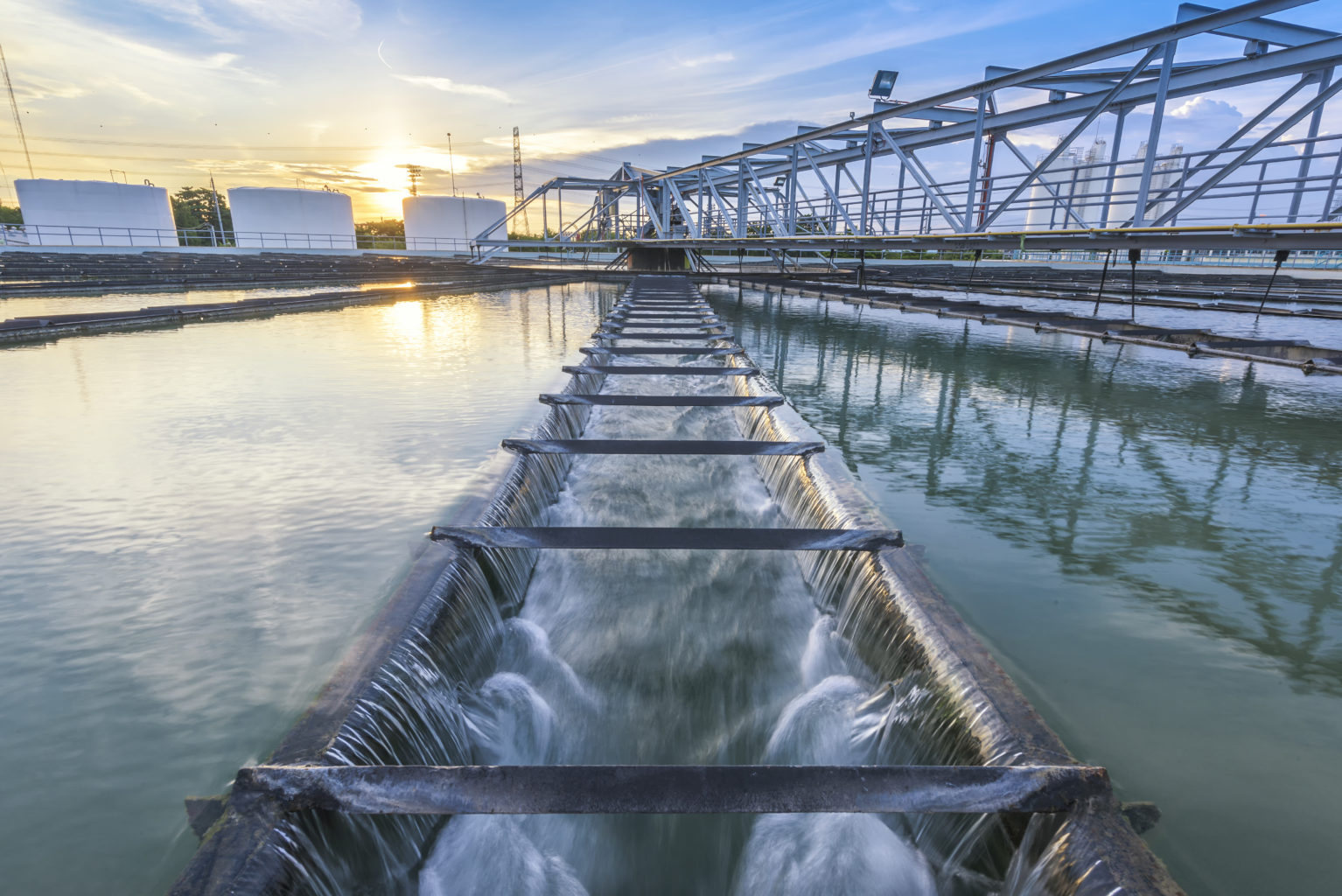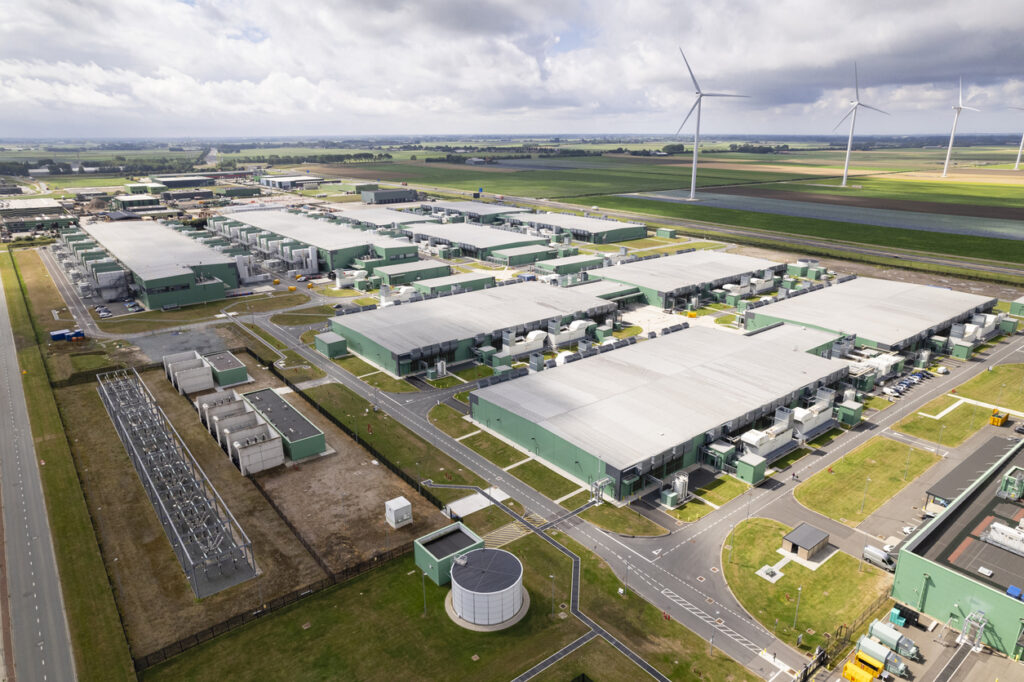The Independent Water Commission’s final report, authored by Sir Jon Cunliffe and published on 21 July 2025, lays out a comprehensive blueprint to reform the regulatory framework governing the water sector in England and Wales.
While headlines have focused on the proposed abolition of the current regulator, the report calls for sweeping reforms to modernise regulation, improve resilience, and restore public trust.
What are the recommendations?
Central to the recommendations are the creation of a single, integrated regulator and the establishment of nine regional water authorities to better align local needs with national priorities. The report also proposes a streamlined legislative framework, stronger financial oversight of water companies, and a simplified pricing review process.
With statutory resilience standards and improved asset mapping on the agenda, the Commission’s blueprint aims to future-proof the sector against climate pressures, population growth, and ageing infrastructure. In addressing long-standing challenges such as pollution, underinvestment, and public distrust, the report sets out 88 detailed recommendations, covering:
Establish a single integrated water regulator for England and a similar body in Wales.
- This is to replace fragmented oversight bodies like Ofwat and the Drinking Water Inspectorate and the relevant functions from the Environment Agency and Natural England.
- The aim is to reduce duplication, close regulatory gaps, and provide a unified “whole-firm” view of water companies.
Creation of nine regional water authorities.
- Proposes eight regional authorities in England and one national authority in Wales to reflect local priorities and streamline planning.
- These bodies would lead local water system planning, investment prioritisation, and stakeholder engagement, ensuring regional needs are met
Rationalising legislation with a new legislative framework for water.
- Recommends a comprehensive overhaul of water legislation to streamline and modernise the legal framework.
- Includes updates to environmental and public health regulations, especially around pollutants like PFAS and microplastics and with measures like compulsory water metering.
Reform of the price review process.
- Suggests simplifying the price review methodology to encourage long-term investment and asset maintenance.
- Introduces a more transparent and predictable framework to support investor confidence
Strengthened financial oversight.
- Proposes a new supervisory model for economic regulation of companies.
- Recommends powers to block unsuitable ownership changes, set minimum capital requirements, and formalise a recovery regime for failing companies
Review of competition and consumer markets.
- Calls for a review of competition in the water sector to ensure it delivers value and innovation.
- Proposes upgrading the consumer body Consumer Council for Water (CCW) into an Ombudsman for Water, and transferring advocacy to Citizens Advice.
- National social tariffs for affordability
Statutory resilience standards and asset mapping.
- Introduces mandatory resilience standards and improved asset mapping to future-proof infrastructure.
- Ensures consistent application across the industry to safeguard long-term water supply and wastewater management.
Call us free today on 0330 0240 3338 to see how our energy lawyers can help
Or if you would like to request a call back, simply click the button below, fill in the contact form and we will call you back as soon as possible.Overhauling the sector
Following the release of the report, the environment minister has confirmed the government’s intention to establish a unified water regulator, alongside four additional reforms aimed at overhauling the sector. These include:
- compulsory water metering;
- stronger consumer protections;
- the creation of regional planning authorities; and
- tighter oversight of company ownership and governance.
The Independent Water Commission’s report urges a fundamental reset of the regulatory framework, one that balances investor confidence with public accountability. It proposes moving away from the era of ‘light-touch’ oversight toward a more hands-on supervisory model, underpinned by the principle of ‘constrained discretion’. The goal – to create a transparent and stable regulatory environment capable of unlocking over £100 billion in infrastructure investment over the next five years.
As the government considers its next steps, the report sets the stage for what could be the most significant transformation of the water industry in decades. The ambition is clear, but the outcome remains to be seen. Will these bold recommendations be implemented in full, or will they, like so many before, be quietly watered down?








